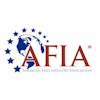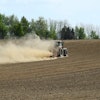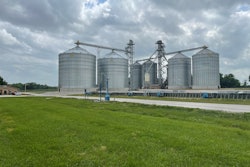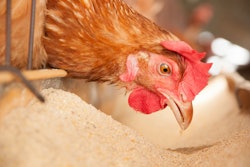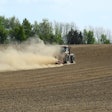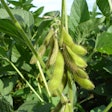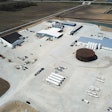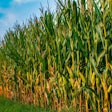
On Monday, Bioceres Crop Solutions Corp. said the U.S. Food and Drug Administration (FDA) has concluded its evaluation of its proprietary drought-tolerant HB4® wheat.
"Upon review of all the safety and regulatory information submitted, the FDA has concluded that it has no further questions regarding the safety of HB4 wheat and that it does not raise issues that would require premarket review or approval by FDA," the company said in a statement.
The conclusion of this voluntary consultation program is a key step toward commercial enablement in the U.S., which is awaiting approval from the U.S. Department of Agriculture (USDA).
While most of the world’s corn and soybean crops are GMOs, they’re largely fed to livestock. Wheat, on the other hand, has proven more controversial as it would be directly eaten by people in flour via bread, pasta, cereal and more.
Finding does not mean approval
In a joint statement by U.S. Wheat Associates (USW) and the National Association of Wheat Growers (NAWG), the two organizations note the FDA's finding is not an approval for this or any other transgenic wheat to be planted for commercial sale in the U.S.
To date, the HB4 wheat has been approved for commercial production within a closed system in Argentina only, said the wheat organizations. The trait has been approved for human consumption by regulators in Brazil, Australia, New Zealand and now in the U.S. in the form of flour.
Bioceres recently announced it will seek approval to plant HB4 wheat in Australia, but it has not announced plans to commercialize the trait in the U.S.
Drought-resistant wheat demand growing
With global demand for wheat increasing every year, the need to produce more wheat in sustainable ways is clear, said USW and NAWG.
"Drought had already reduced world wheat supplies and pushed prices higher before the invasion of Ukraine cut off supplies from the world’s fifth-largest wheat exporting nation," said the group's statement.
"A trait such as drought tolerance in wheat could help wheat growers in increasingly arid regions be more productive and ease food security concerns."
Bioceres says the HB4 drought-tolerance technology has been shown to increase wheat yields by an average of 20% in water-limited conditions.
USW and NAWG are guided by jointly approved Wheat Industry Principles for Biotechnology Commercialization, which offers specific steps expected from plant breeding companies if they wish to commercialize transgenic wheat in the U.S.

